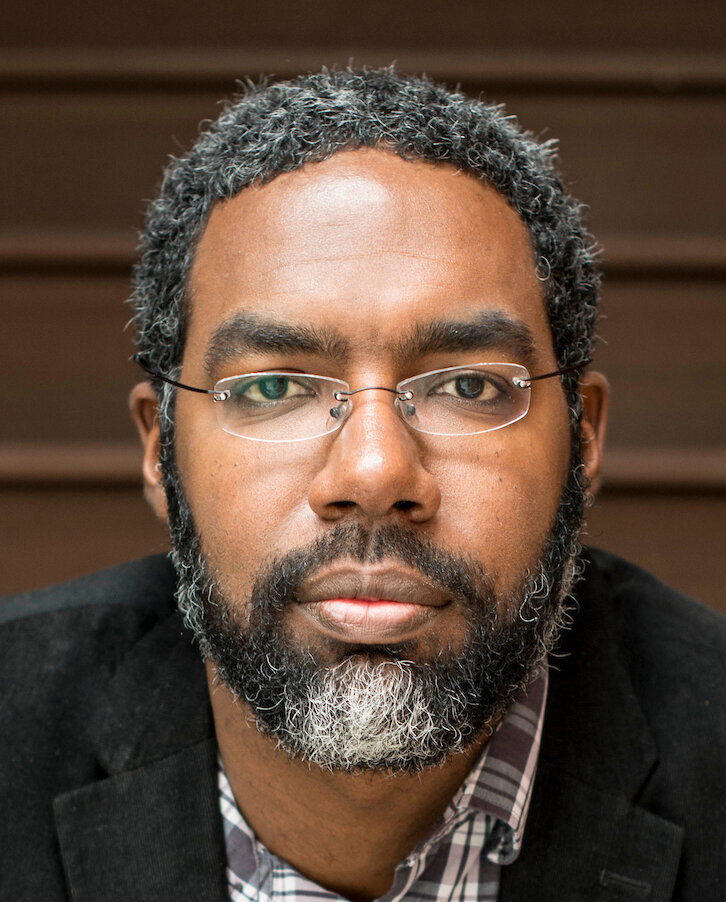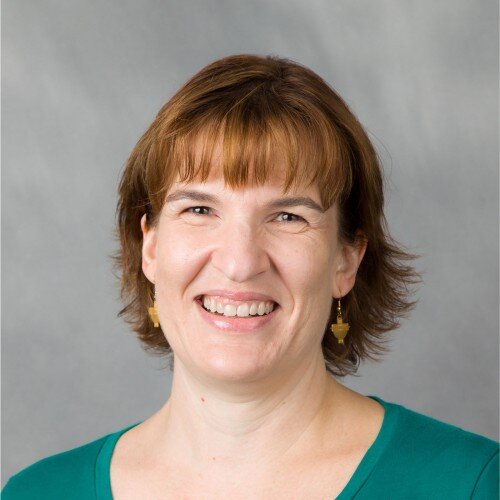How Can Educators Equip Students with the Tools They Need to Combat Misinformation?
View the free recording and toolkit from our 2021 Critical Thinking Bootcamp
In a digital world, how can we educate and train students to spot and respond to misinformation? SAGE Publishing’s Critical Thinking Bootcamp recently returned for another day of discussion, guidance, and shared resources to help librarians and professors encourage critical thinking in and out of the classroom.
Over the course of this four-hour, virtual event, academic librarians and social and behavioral scientists shared resources and tips for combatting mis/disinformation within higher education. Sessions included a keynote address from Dr. Deen Freelon on the differences in mis- and disinformation and evaluating the reliability of sources and roundtables on algorithmic bias, the history of mis/disinformation, and the impact of misinformation (a full list of speakers can be found below).
Recording:
Toolkit:
Filled with recommended resources, key advice, takeaways, and more, this toolkit based on our 2021 Critical Thinking Bootcamp is useful for all educators.
In addition, view this supplemental resource from lightning talk speaker Dr. Marnie Moist.
Speakers:
Dr. Deen Freelon
Deen Freelon is an associate professor at the UNC Hussman School of Journalism and Media at the University of North Carolina and a principal researcher at the Center for Information, Technology, and Public Life (CITAP). His theoretical interests address how ordinary citizens use social media and other digital communication technologies for political purposes, paying particular attention to how identity characteristics (e.g. race, gender, ideology) influence these uses. Methodologically, he is interested in how computational research techniques can be used to answer some of the most fundamental questions of communication science.
Dr. Maha Bali
Maha Bali is Associate Professor of Practice at the Center for Learning and Teaching at the American University in Cairo. She has a PhD in Education from the University of Sheffield, UK. She is co-founder of virtuallyconnecting.org (a grassroots movement that challenges academic gatekeeping at conferences) and co-facilitator of Equity Unbound (an equity-focused, open, connected intercultural learning curriculum, which has also branched into academic community activities Continuity with Care and Socially Just Academia). She writes and speaks frequently about social justice, critical pedagogy, and open and online education. She blogs regularly and tweets @bali_maha.
Dan Chibnall
Dan Chibnall received his MLS from the University of Missouri-Columbia in 2005. He is the STEM Librarian at Drake University in Des Moines, Iowa and has been in that role since July 2016. Prior to that, he served as the User Services and Instructional Design Librarian at Grand View University for ten years. His focus is on embedded librarianship, information literacy, science communication, information behaviors, and helping students become better researchers. Dan teaches courses on the relationship between science fiction & science, misinformation & personal information behaviors, and science communication's role in educating the public about the role of science in everyday life. He also currently serves as the Past-President of the Iowa Library Association.
Sarah Morris
Sarah Morris is the Head of Instruction and Engagement at the Emory University Libraries and has been in her role since 2018. Prior to that Sarah worked as an Assessment Librarian and a First-Year Experience Librarian. Sarah received her MSIS degree from the University of Texas at Austin and also holds an MA from the University of Chicago. Since 2016, Sarah has focused much of her research and teaching on misinformation, modern media ecosystems, and the Internet and society. She has developed curriculum on these topics in partnerships with the Mozilla Foundation, has taught both workshops and for-credit classes on misinformation, and has provided professional development training for librarians on misinformation with ACRL and the Library Juice Academy. Sarah also edited a Cookbook volume with ACRL on critical thinking skills, which was published in 2020, and the recent SAGE title Check That Fact.
Dr. Rachel Kuo
Dr. Rachel Kuo writes, teaches, and researches race, social movements, and digital technology. She is a Postdoctoral Research Fellow at the Center for Information, Technology, and Public Life at the University of North Carolina-Chapel Hill. She has a PhD and MA in Media, Culture, and Communication from New York University, and BA in Journalism from the University of Missouri. Her current manuscript, Movement Media: Racial Solidarities Across Platforms, demonstrates how technologies enhance and foreclose possibilities for political organization across uneven racial and class difference. Her research brings together archival research, ethnographic fieldwork, data and network analysis, and participatory action research emphasizing Asian American political formations in digital ecosystems. She works closely with community partners in developing her research, and her longer-term research goals and questions center and engage emergent questions and practices from grassroots social movements. She is a founding member and current affiliate of the Center for Critical Race and Digital Studies and also a co-founder of the Asian American Feminist Collective.
Rosalind Tedford
Rosalind Tedford is the Director for Research and Instruction at the Z. Smith Reynolds Library at Wake Forest University. She has been teaching information literacy classes since 2003, and since 2016 has been focusing her teaching on helping people understand the cycle of mis- and dis-information online and how they can be better consumers of information. She teaches for-credit classes to WFU students and has also taught numerous workshops and lifelong learning classes on the topic as well.
Dr. Apryl Williams
Dr. Apryl Williams is Assistant Professor of Communication & Media and an affiliate of the Digital Studies Institute at the University of Michigan. Williams is also a Faculty Associate at the Berkman Klein Center for Internet & Society at Harvard University, a Faculty Fellow at the Notre Dame Institute for Advanced Study and the Notre Dame Technology Ethics Center, as well as an affiliated researcher at NYU's Center for Critical Race & Digital Studies. As a multidisciplinary scholar, Williams studies the experience of race and racism in digital spaces. In her forthcoming book, Call Me Master: Race, Gender & Algorithmic Inequality, she argues that dating platforms facilitate sexual racism and questions the degree to which dating apps are responsible for negative experiences of marginalized users. She also serves as Series Editor of Emerald Studies in Media and Communications.








